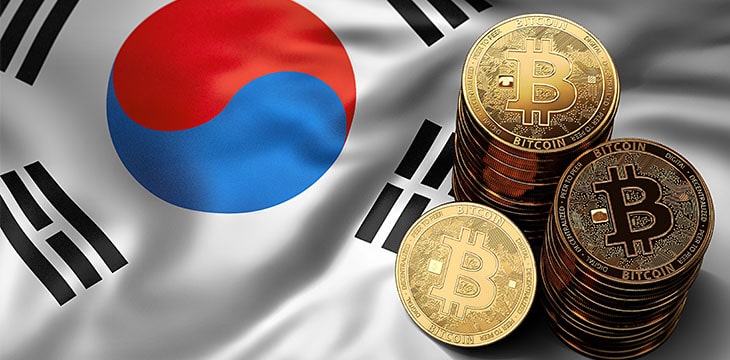|
Getting your Trinity Audio player ready...
|
In the wake of the Terra (LUNA) crash, South Korean digital currency exchanges are looking to become self-regulatory. Five of the country’s top exchanges—Upbit, Bithumb, Coinone, Korbit, and Gopax—have agreed to form a joint council to work on investor protection rules autonomously.
Local news outlet Yonhap News reports that the collaboration will see the exchanges set rules for listing, delisting, and uniformizing responses to unforeseen circumstances in the market.
The exchanges, which are all licensed to provide cash-to-digital currency services in South Korea, already have a timeline for when these rules will be rolled out. They told the National Assembly that beginning in July they will to include warnings in all digital currency-related marketing and advertising.
The group expects the token delisting standard and a warning system for potentially unsafe assets to be prepared by September. A white paper evaluation report will accompany this.
In October, the council will work on preparing a guideline for listing assets and reviewing tokens for any sign of a Ponzi scheme. By January 2023, it plans to make it mandatory for new investors to complete a set of educational materials before being allowed to trade. Added to this is the promise to respond in unison within 24 hours of any market crisis.
South Korea is tightening its digital currency regulatory net
The agreement is a response to criticisms exchanges faced in the aftermath of the UST and LUNA crash debacle last month. Exchanges faced their fair share of the blame for creating confusion among investors by not all handling the situation decisively early on.
Previously, government officials called for exchanges to be probed and held accountable for consumer losses along with the executives and employees of Terraform Labs, the core developers of the Terra blockchain.
The South Korean government also began aggressively accelerating its efforts to regulate the industry. While its Digital Assets Basic Act (DABA) is set to be completed in 2023, the government is setting up an interim committee to oversee the entire industry.
The move by South Korea’s exchanges to become self-regulatory is similar to moves being made by Japanese exchanges. Bloomberg recently reported that the Japan Virtual and Crypto Assets Exchange Association (JVCAEA), an industry self-regulatory body, is looking to create rules that will allow exchanges to operate more smoothly.
Watch: The BSV Global Blockchain Convention panel, Law & Order: Regulatory Compliance for Blockchain & Digital Assets
https://www.youtube.com/watch?v=RzSCrXf1Ywc&t=1013s

 03-02-2026
03-02-2026 




